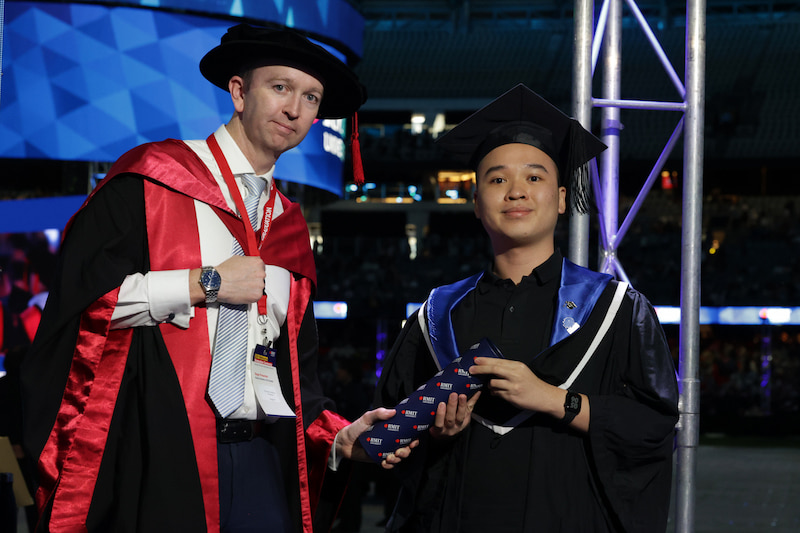Newly minted software engineer steps out of the lab into the world
Ho Le Minh Thach never imagined himself as a software engineer. The solid academic foundation he received at RMIT Vietnam, and his experience with Harvard's computer science course, sparked his passion for programming and empowered him to pursue a career in software engineering.
Growing through competitions: RMIT graduates share their journey
Stepping outside the classroom can be intimidating, but competitions offer more than just trophies. They sharpen skills, build awareness, and open doors to real-world opportunities.
Scammed in paradise: Facebook fraud hits Vietnam’s tourism industry
As Vietnam gears up for the public holidays from 30 April to 4 May, and with the summer travel season just around the corner, RMIT academic Dr Daisy Kanagasapapathy warns that online scams targeting tourists are likely to spike.
Student sets a path back to education
On a quiet runway a student took flight with belief and curiosity, and one day returned to guide others from where she began.






